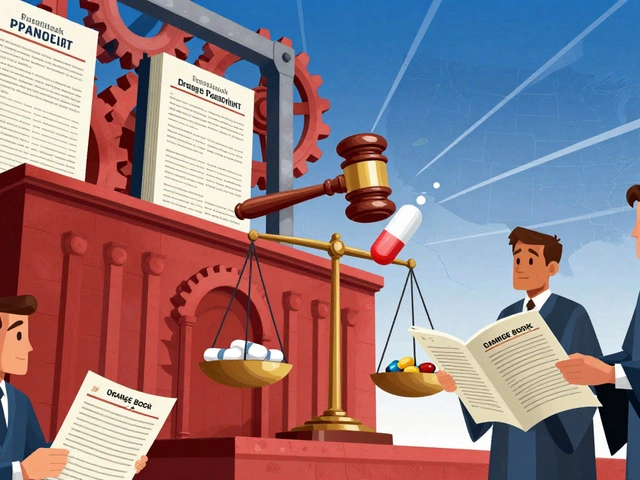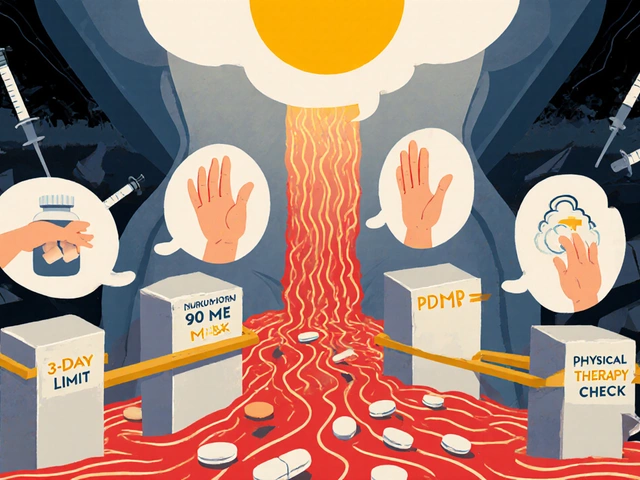Understanding Muscle Aches and How to Ease Them
Muscle aches are something most of us have faced at one point or another. That nagging soreness after a workout, stiffness from sitting too long, or random aches with no clear reason can be frustrating. But what causes these pains, and how can you get quick relief without overcomplicating things?
First off, muscle aches often happen because muscles get overworked or strained. Maybe you spent an extra hour gardening, tried a new exercise, or slept awkwardly. These activities stress muscle fibers, causing tiny tears that lead to soreness and stiffness. Sometimes, simple dehydration or holding a single posture for too long can trigger aches too.
Simple Steps to Relieve Muscle Pain
When muscle ache strikes, you don’t always need fancy treatments. A good start is to rest the sore muscles and avoid activities that make the pain worse. Applying a cold pack in the first 24 to 48 hours can reduce inflammation and dull the pain. After that, switching to a warm compress helps relax tight muscles and improve blood flow.
Stretching gently can ease stiffness but don’t push it if you’re still in sharp pain. Over-the-counter painkillers like ibuprofen or acetaminophen work well for many people to take the edge off. Just remember to follow the instructions and avoid relying on medication long-term.
When Should Muscle Aches Worry You?
Most muscle aches clear up in a few days, but some signs mean it’s time to see a doctor. If you have intense pain that doesn’t get better, swelling, redness, or warmth around the area, that could point to an injury or infection. Also, if muscle aches come with unexplained weakness, numbness, fever, or if they start without any obvious reason, don't ignore them.
Chronic muscle pain might be a sign of underlying conditions like fibromyalgia, thyroid issues, or nutrient deficiencies. Keeping an eye on your symptoms and talking to a healthcare provider helps catch any serious problems early.
Bottom line: muscle aches are common and often easy to handle at home. Knowing what triggers your pain and using simple treatments can get you back to feeling good fast. But pay attention when things don’t improve or new symptoms pop up – that’s when professional advice matters most.





